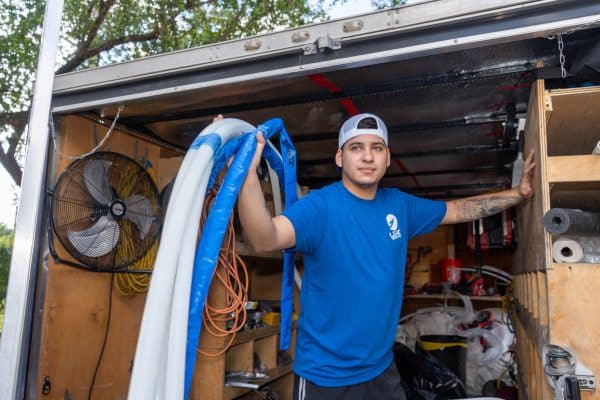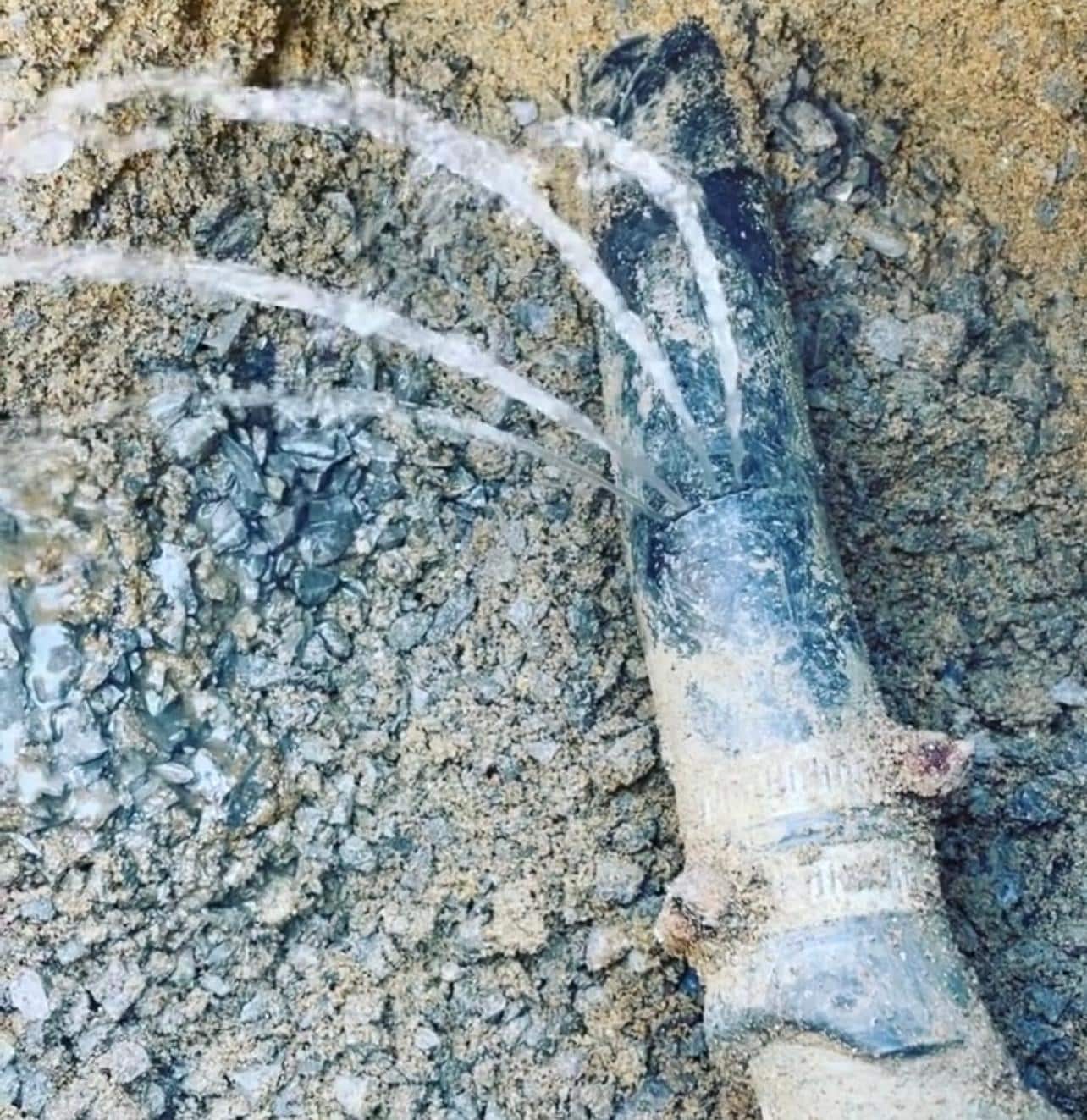In the world of home maintenance, one often-overlooked aspect is the plumbing ventilation system. While it may not be as glamorous as a newly renovated kitchen or a freshly landscaped backyard, proper plumbing ventilation is vital for the health and functionality of your home’s plumbing system. In this article, we will explore the significance of ensuring your plumbing system is adequately ventilated and how it can save you from a host of issues down the line.
Understanding Plumbing Ventilation
Before we delve into why plumbing ventilation matters, it’s crucial to understand what it entails. Plumbing ventilation is a system of pipes and vents that work together to allow air into your plumbing system. This air serves two primary purposes: to maintain the water seal in drain traps and to facilitate the efficient flow of wastewater.
The Role of Air in Drain Traps
One of the essential functions of plumbing ventilation is to prevent the escape of noxious gases from your sewage system into your home. This is achieved by maintaining a water seal in drain traps. When water flows down a drain, it creates a barrier that prevents sewer gases from entering your living space. Proper ventilation ensures this water seal remains intact.
Ensuring Smooth Drainage
Proper plumbing ventilation also promotes efficient drainage. When wastewater flows through your pipes, it creates negative pressure. Without adequate ventilation, this negative pressure can slow down drainage, leading to clogs and backups. By allowing air to enter the system, it helps water flow smoothly and prevents these issues.
The Benefits of Proper Plumbing Ventilation
Now that we understand what plumbing ventilation is let’s explore why it’s so important for your home.
Prevents Foul Odors
One of the most immediate benefits of proper pipes ventilation is the prevention of foul odors in your home. Without adequate ventilation, sewage gases can escape from drains, leading to unpleasant smells that permeate your living space.
Reduces the Risk of Blockages
A well-ventilated plumbing system is less prone to blockages. When air can flow freely through the pipes, it helps prevent the accumulation of debris and grease, reducing the likelihood of clogs. This translates to fewer instances of backed-up sinks and toilets, saving you both time and money on plumbing repairs.
Extends the Lifespan of Plumbing Fixtures
Proper ventilation not only benefits your pipes but also your plumbing fixtures. When wastewater flows smoothly and sewage gases are expelled, it reduces the corrosive effects on fixtures like sinks, toilets, and showers. This, in turn, extends their lifespan, saving you from premature replacements.
Improves Water Flow
Efficient plumbing ventilation ensures that water flows through your pipes at the optimal rate. This means faster drainage and less waiting time for hot water to reach your faucets, which can lead to increased water conservation and lower utility bills.
Common Signs of Inadequate Plumbing Ventilation
To determine if your pipes ventilation system is in good shape, watch out for these signs:
Slow Draining Sinks and Tubs
If you notice your sinks or bathtubs are draining slowly, it could be a sign of inadequate ventilation. The negative pressure in the pipes may be impeding the flow of wastewater.
Gurgling Sounds
Strange gurgling sounds coming from your drains can indicate a ventilation issue.
Sewer Odors
Unpleasant sewer odors in your home are a definite red flag. They suggest that sewer gases are escaping through your drains due to a lack of proper ventilation.
Conclusion
In conclusion, the importance of proper pipes ventilation cannot be overstated. It plays a crucial role in maintaining the functionality of your plumbing system, preventing foul odors, reducing blockages, and extending the lifespan of your fixtures. By investing in this often-overlooked aspect of home maintenance, you can ensure a healthier and more efficient plumbing system for years to come.
FAQs (Frequently Asked Questions)
How do I know if my plumbing ventilation system is working correctly?
You can check for signs such as slow draining sinks, gurgling sounds, or sewer odors. If you suspect an issue, it’s best to consult a professional plumber for an assessment.
Can I install plumbing ventilation myself?
While some minor maintenance tasks can be DIY, it’s recommended to leave the installation and major repairs of plumbing ventilation systems to qualified plumbers.
Are there any energy savings associated with proper plumbing ventilation?
Yes, efficient plumbing ventilation can lead to energy savings by improving water flow and reducing the time it takes for hot water to reach your taps.
How often should I have my plumbing ventilation system inspected?
It’s advisable to have your plumbing ventilation system inspected annually by a professional plumber to catch any potential issues early.
Can inadequate plumbing ventilation pose health risks?
Yes, inadequate ventilation can allow harmful sewer gases to enter your home, which can pose health risks. It’s essential to address ventilation issues promptly to protect your health and well-being.


